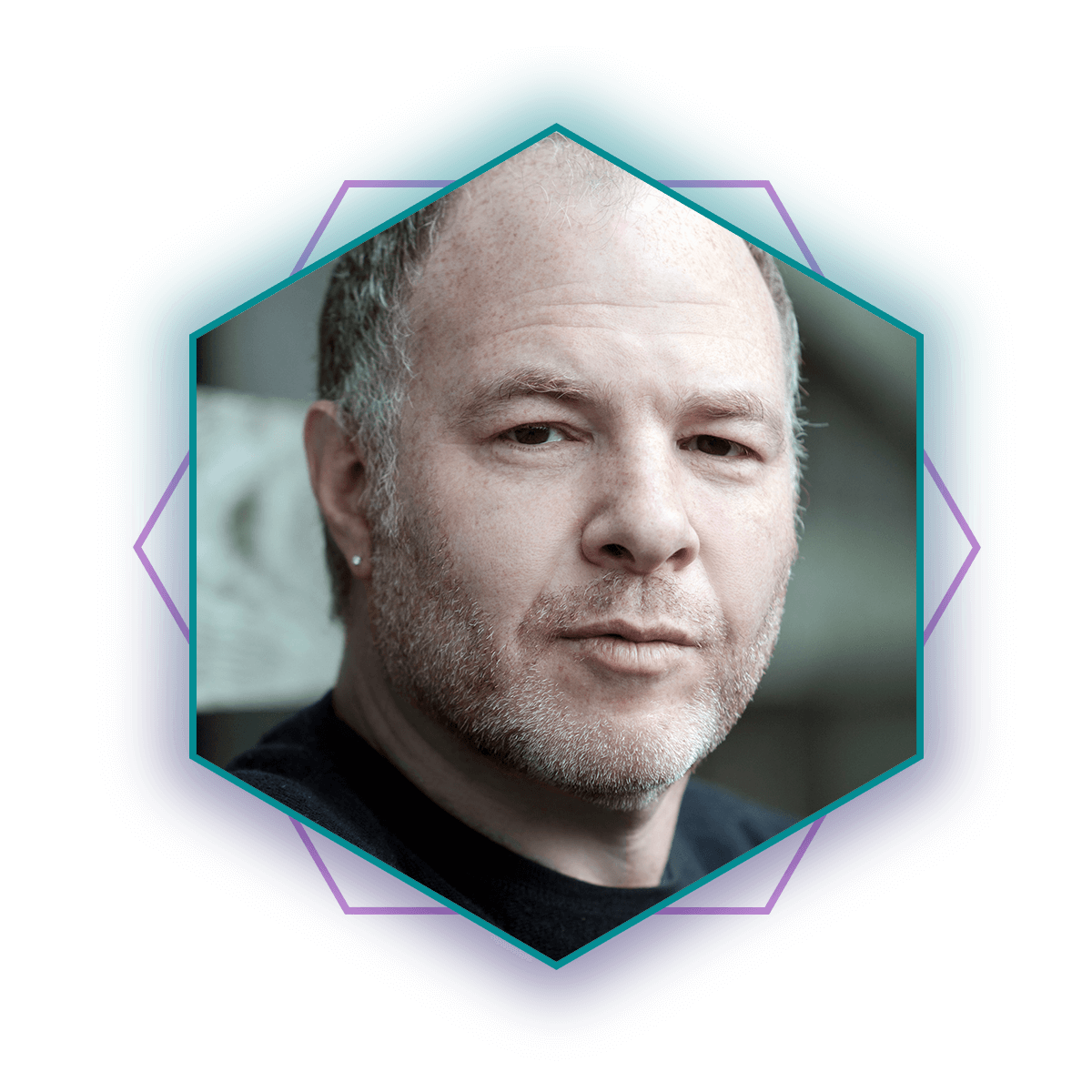
Trump takes office again on January 20. For those of us working to advance gender equality and intersecting issues, where do we collectively go from here? What do we need to focus on?
Trump and MAGA’s main electoral constituency is men—white men especially, but not exclusively. But notably, many of the men who voted for him—especially young men—have relatively liberal and progressive views on a number of different issues. Their vote was based more on identity (i.e. Trump is the “men’s” candidate), than ideology. This strongly suggests that liberals and progressives need to be much more intentional about speaking with and to men, especially young men. “Meeting them where they are,” in the cliché du jour. Many of them are “reachable,” but don’t feel seen and heard by liberals and progressives—or even by the Democratic Party. This isn’t about prioritizing men’s feelings over basic justice for women or anyone else. It’s about doing what’s necessary to win elections, so we can enact an agenda that advances racial, gender, and sexual justice!
What is your call to action?
Among many other things, Trump’s re-election is a massive setback for the ongoing efforts to prevent gender violence, in part because it helps to normalize misogyny. The message his success sends to men and young men is that “real men” treat women poorly—and there are few if any consequences. You might even be elected president, or nominated to serve in the president's cabinet!
My call to action is for men who say they support gender equality and justice. We need you to step up your game! Gender justice is a core human right and democratic principle. Men at all levels of cultural, institutional and political leadership need to be much more vocal about our advocacy. Why should it always fall on women to be the ones who raise the basic issues of gender equality and fairness? Men need to be much more proactively profeminist.
The U.S. once again failed to elect our first woman president. What will it take to get a woman president and more women into political leadership?
We need to cut into the GOP’s huge advantage with white male voters, especially high school educated white men. They went for Trump over Harris by 40 points! We need a multi-pronged strategy to reach out to working and middle-class men—of all ethnic/racial groups. I fear that unless we do that, the only way we’ll elect a woman is if she’s moderately conservative and opposes women’s rights.
What gives you hope? For those feeling disheartened by this setback or overwhelmed by the work ahead, what words of encouragement would you offer?
We’re in a long-term historical struggle. The strength and ferocity of the backlash (e.g. the re-election of Trump) is a measure of how much progress we’ve made.
Are there any other thoughts you would like to share?
Unfortunately, there is intense pressure on young men to fall in line with Trump and MAGA, or else face ridicule, ostracism and worse from their peers. If you want to see what this looks/sounds like, just listen to a few hours of Joe Rogan, Jordan Peterson or Andrew Tate, and see how they talk about men who support feminism. In the face of that sort of bullying, grown men have a special responsibility to young men to unapologetically support gender justice, and feminist women’s leadership, at all levels. Young men need to see us standing strongly and proudly with women as their partners, allies and collaborators in the long struggle for gender equality, both because they look to us for guidance and because our leadership in this area takes some of the pressure off of them.
Portions of this interview appeared at ForbesWomen.